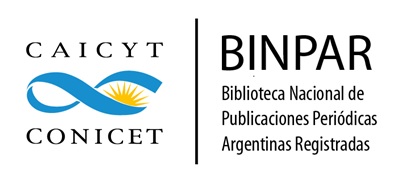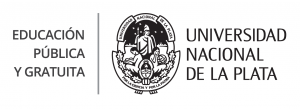De-severance dialogues
Thinking about Education in Pandemic Times
DOI:
https://doi.org/10.24215/18524907e057Keywords:
education, pandemic, field, de-severanceAbstract
This attempt at communicating and thinking in the midst of isolation and social distance imposed by government measures in public health, has been developed as a quid pro quo that seeks to question and overcome the distances of the physical, institutional and generational space. The initials C.E.S.B. and B.Z.Z. correspond to the voices of the authors, who work in the research project Pedagogy, art, and citizenship, at Jorge Tadeo Lozano University, in two cities of Colombia, Bogotá and Cartagena de Indias, as main researcher and as research assistant, respectively.
Downloads
Metrics
References
Heidegger, M. (2009) [1927]. Ser y tiempo. Madrid, España: Trotta
Nussbaum, M. (2001). El cultivo de la humanidad. Santiago de Chile, Chile: Andrés Bello.
Yourcenar, M. (2001) [1936]. Feux [Fuegos]. París, Francia: Gallimard.
Additional Files
Published
How to Cite
Issue
Section
License
Copyright (c) 2021 Carlos Eduardo Sanabria Bohórquez, Betty Zambrano Zabaleta

This work is licensed under a Creative Commons Attribution-NonCommercial-ShareAlike 4.0 International License.
The acceptance of an original by the journal implies the non-exclusive transfer of the patrimonial rights of the authors in favor of the publisher, who allows the reuse, after its edition (postprint), under a Creative Commons License Attribution-NonCommercial-ShareAlike 4.0 International.
According to these terms, the material can be shared (copy and redistribute in any medium or format) and adapted (remix, transform and create another work from the material), provided that a) the authorship and the original source of their publication (magazine and URL of the work) are cited, b) is not used for commercial purposes and c) the same terms of the license are maintained.
The assignment of non-exclusive rights implies that after postprint in Revista Argentina de Estudios de Juventud authors may publish their work in any language, media and format; in that case, it is requested that they signal that the material was originally published by this journal.
Assignment also entails the authors’ authorization for the work to be collected by SEDICI, the institutional repository of the Universidad Nacional de La Plata, and for it to be indexed in the databases that the publisher thinks appropriate for enhancing the visibility of the published work and its authors.
In addition, the journal encourages authors to submit their works to other institutional and thematic repositories after their publication in Revista Argentina de Estudios de Juventud, under the assumption that offering society unrestricted access to scientific and academic production contributes to a greater exchange in global knowledge.

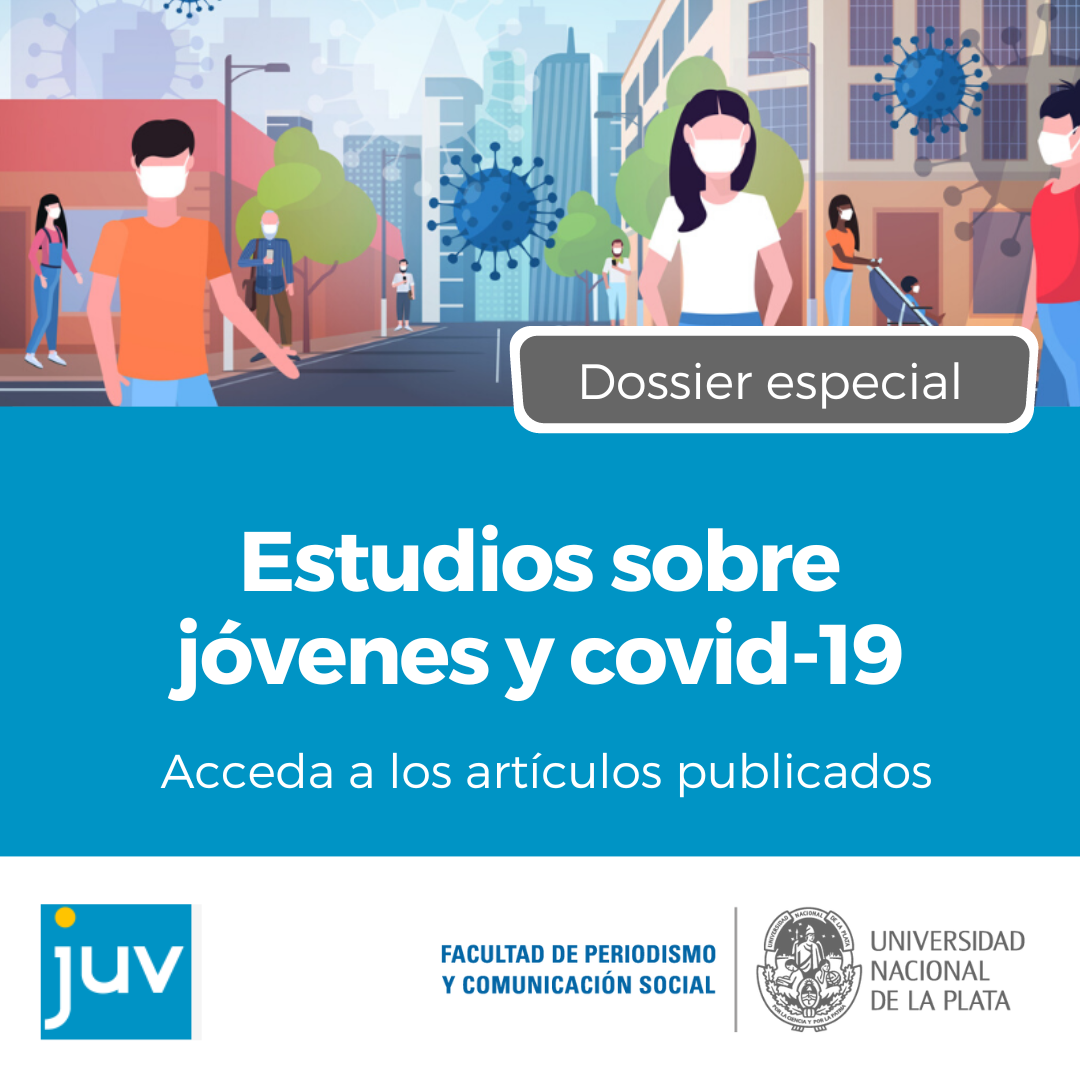




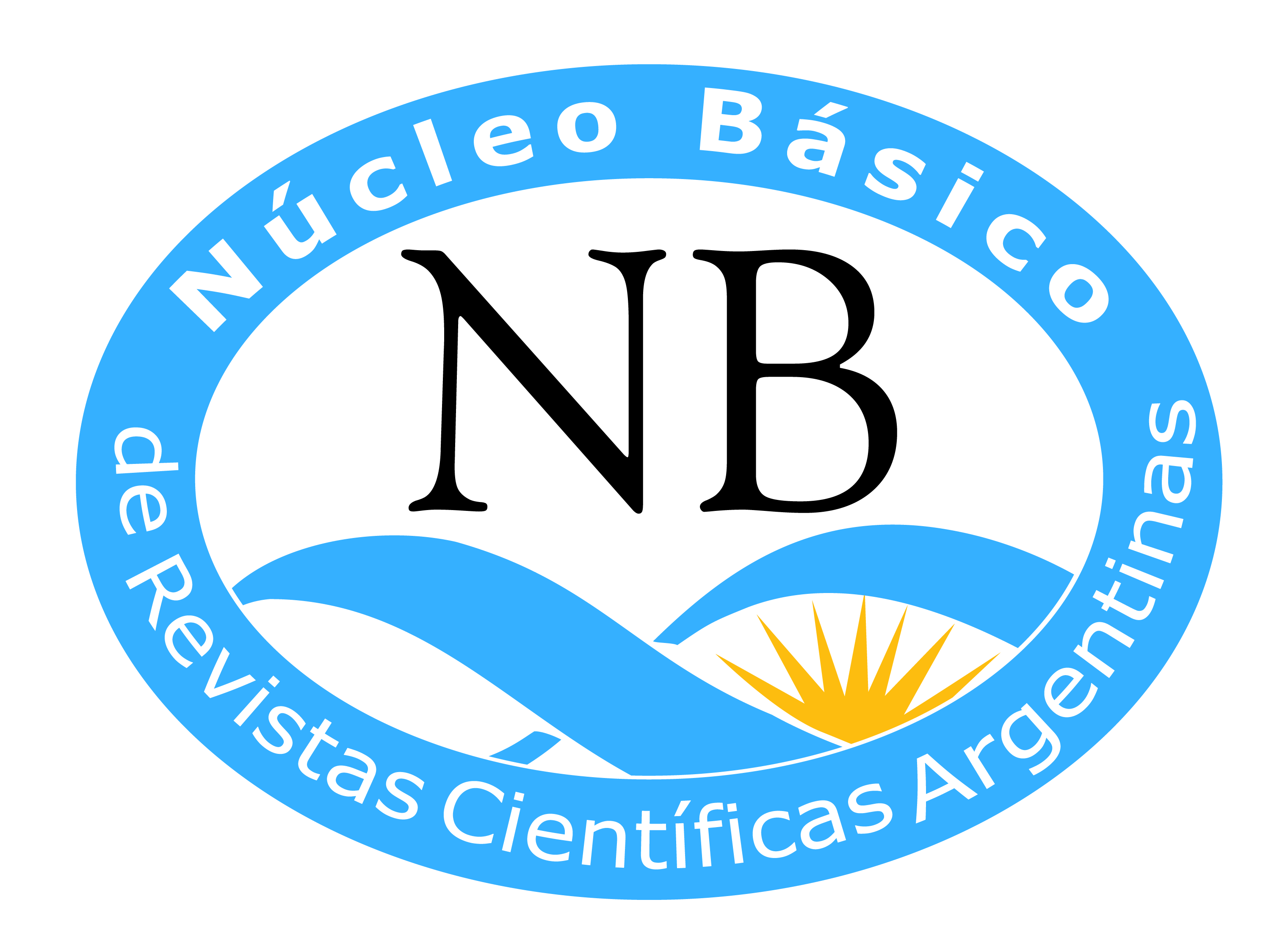
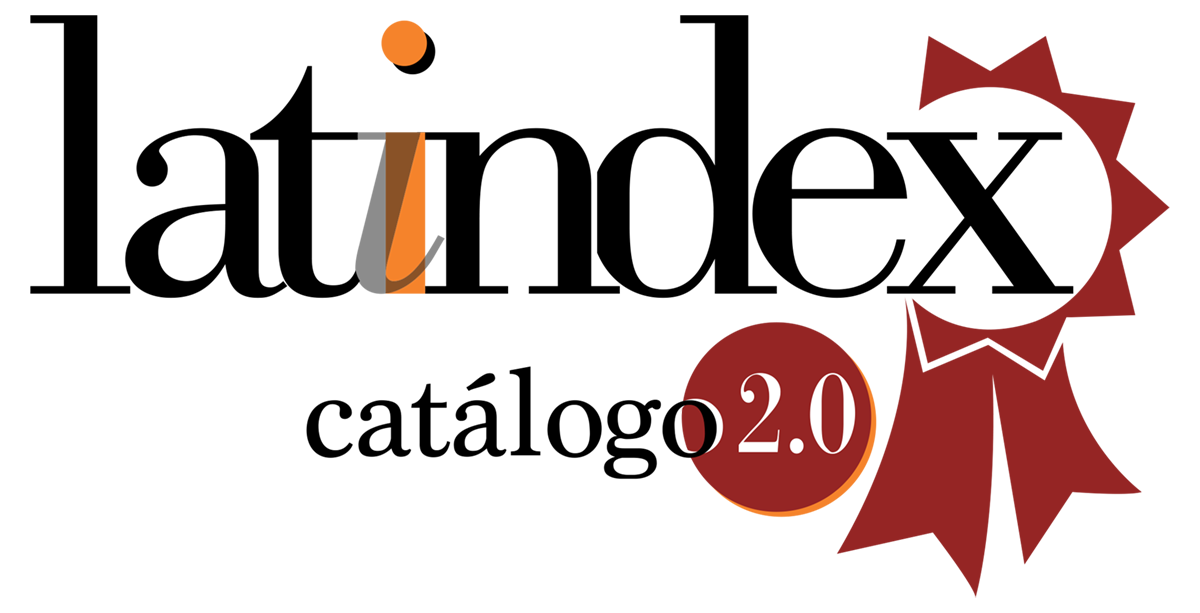

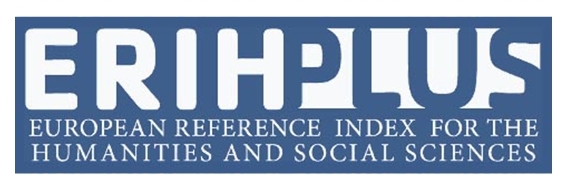



.png)















